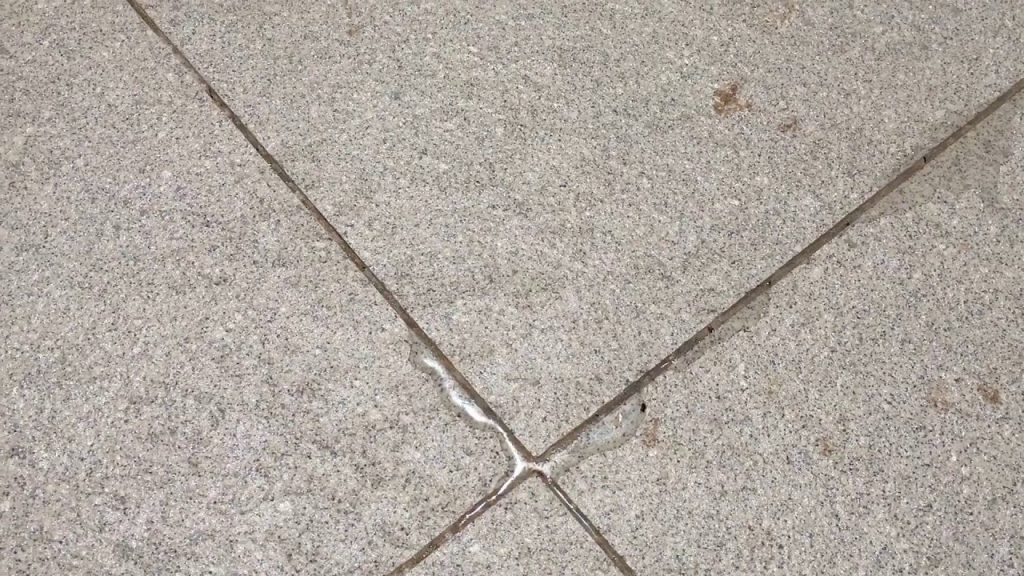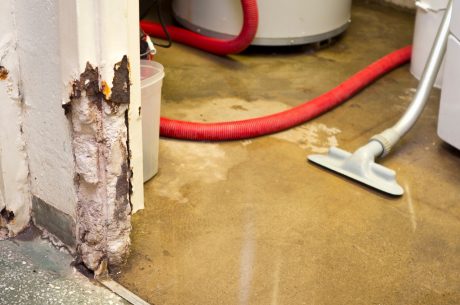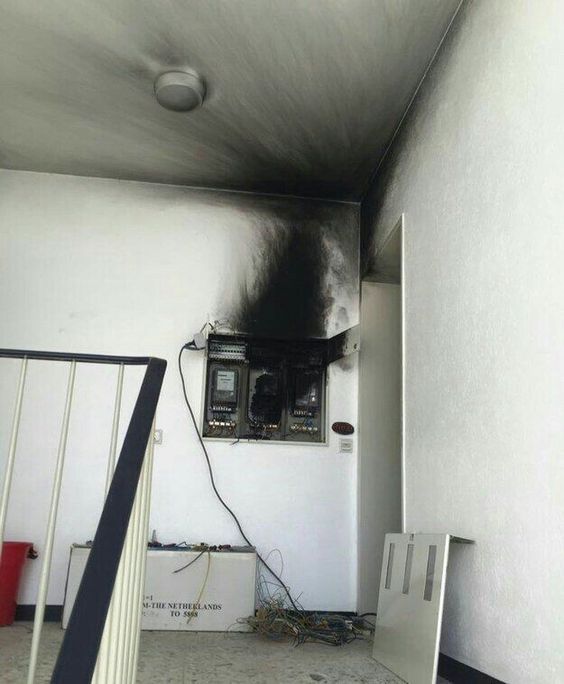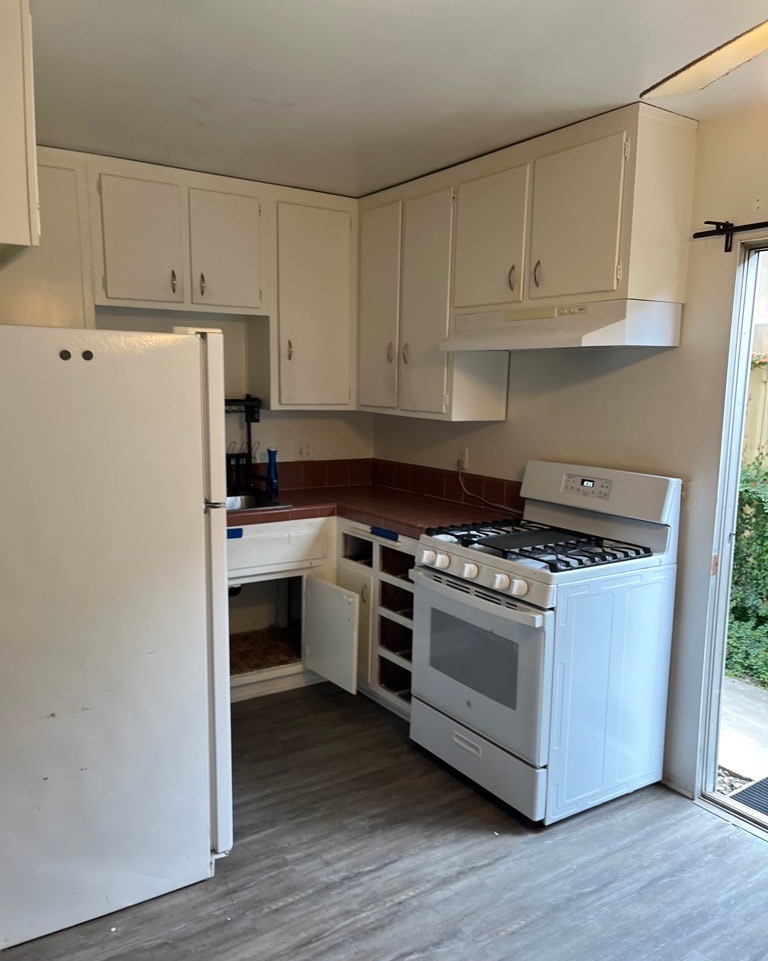
Water seeping through concrete slab floors can be a frustrating and potentially damaging issue for homeowners. Whether it’s a minor nuisance or a significant problem causing structural damage, understanding the causes, implementing effective solutions, and taking preventive measures is essential. In this blog post, we’ll explore the common reasons behind water intrusion through concrete slab floors and provide practical tips for addressing and preventing this issue.
Causes of Water Seepage Through Concrete Slab Floors:
1. Poor Drainage: Inadequate drainage around the foundation of a house can lead to water pooling near the slab, eventually seeping through cracks and joints in the concrete.
2. Hydrostatic Pressure: High water table levels or excessive rainfall can exert pressure on the foundation, forcing water through even tiny cracks in the concrete slab.
3. Cracked Concrete: Over time, concrete slabs may develop cracks due to soil movement, settlement, or structural stress. These cracks provide pathways for water to enter the home.
4. Plumbing Leaks: Leaking pipes beneath the concrete slab can introduce moisture into the soil, leading to water infiltration through the slab floor.
Solutions for Water Seepage Issues:
1. Identify and Repair Cracks: Conduct a thorough inspection of the concrete slab to identify any cracks or gaps where water may be entering. Seal these cracks using appropriate concrete sealants or epoxy injections to prevent further water intrusion.
2. Improve Drainage: Ensure proper grading around the perimeter of your home to direct water away from the foundation. Installing French drains or gutter systems can also help divert water away from the slab.
3. Install a Vapor Barrier: Consider installing a vapor barrier beneath the concrete slab during construction or as a retrofit measure. A vapor barrier helps prevent moisture from migrating through the concrete, reducing the risk of water seepage.
4. Address Plumbing Issues: If you suspect plumbing leaks beneath the slab, enlist the help of a professional plumber to locate and repair the leaks. Ignoring plumbing issues can exacerbate water seepage problems and lead to costly repairs down the line.
Preventive Measures to Avoid Water Seepage:
1. Maintain Proper Drainage: Regularly clean gutters, downspouts, and drainage systems to ensure they are free from debris and functioning effectively. Grade your yard away from the foundation to prevent water accumulation near the slab.
2. Monitor Moisture Levels: Use a moisture meter to periodically check the moisture levels of the soil around your home’s foundation. Excessive moisture can indicate drainage issues that need to be addressed promptly.
3. Seal Concrete Regularly: Apply concrete sealants or coatings to the surface of the slab to create a protective barrier against moisture infiltration. Reapply sealants as needed to maintain effectiveness.
4. Conduct Routine Inspections: Schedule regular inspections of your home’s foundation, plumbing system, and concrete slab to detect any signs of water seepage early on. Prompt action can help prevent costly water damage and mold growth.
Water seeping through concrete slab floors is a common problem that homeowners may encounter, but it’s one that can be effectively managed with the right approach. By understanding the underlying causes, implementing appropriate solutions, and taking preventive measures, you can protect your home from water damage and maintain a dry, healthy living environment for years to come. If you’re unsure about how to address water seepage issues in your home, don’t hesitate to consult with a qualified contractor or structural engineer for personalized guidance and assistance.



 PuroClean of San Clemente
PuroClean of San Clemente